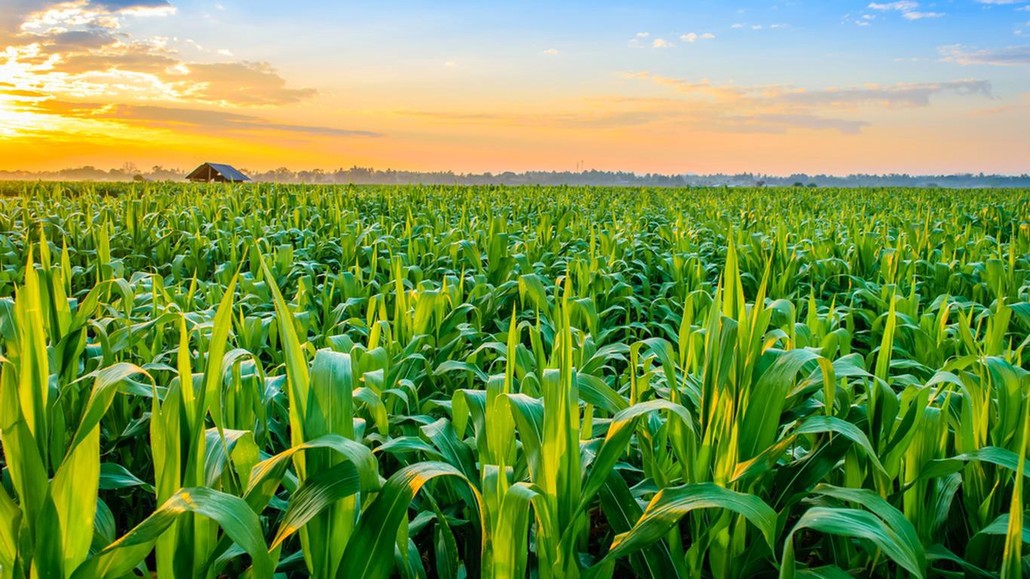The invention that appeared as a financial technology innovation at first exploded to touch almost every industry across the globe. As a result, cryptocurrency and blockchain technology have been topics for discussion for both good and bad.
However, from an impartial perspective, there’s more to look up to about the two. From providing new asset classes to spectacular investment opportunities, they continuously change how the world runs things. In this write-up, we look at the agriculture sector and what farmers can look up to from the blockchain technology and cryptocurrency space.
Making Sense of Blockchain and Agriculture
Blockchain is one widely talked about topic today. While the hype mainly focuses on the technology’s primary application, cryptocurrencies, it is also revolutionizing the food and agriculture sector. Past market research reports indicate that the size of blockchain innovations in the agricultural industry could hit $429.7 million by 2023.
In a nutshell, blockchain technology refers to a distributed ledger network that records auditable data in units known as blocks. One helpful aspect of this data storage network is that anyone can access and use the ledger anywhere and in real-time. However, altering the data on blocks can only happen if all other users agree that the changes are warranted.
In that sense, blockchain technology brings traceability and transparency that can be leveraged in the agriculture and farm produce supply chains. The technology’s and cryptocurrencies’ use cases can stretch to areas like crop insurance, farmers’ transactions and payments, better crop production, quality control, and farm produce safety, weather control, and farm produce supply chain optimization.
Traceability and Tracking
Cases of unsafe farm produce are not unheard of where operators in the agricultural supply chain lose huge chunks of money. It could range from expired products, produce maintained under unhealthy conditions, or even agricultural products originating from polluted soils. Blockchain technology provides the traceability of farm produce from the farm to the table.
Smart farming is a new concept, where all details about products get captured on a blockchain. It means the journey of a product is traceable at any point until consumption. The information on blocks is unforgeable and remains reliable throughout the chain.
Blockchain Methods of Payments
Receiving the appropriate amounts and on time has for a long time been a concern for farmers. There is no definite payment time, plus conventional payment systems take long before disbursing payments. Additionally, vast chunks of money get deducted from farmers’ earnings as processing and transaction fees.
Blockchain technology and cryptocurrency in agriculture provide a viable solution to these payment problems. In addition, it is possible to automate payments through unveiled capabilities such as smart contracts.
Smart contracts can disburse payments to farmers at specific times once a set of specified conditions get fulfilled. For instance, farmers can receive payment for their product once confirmation of receipt is made. Also, payments made in cryptocurrencies ensure the large chunks of money are not taken away from farmers’ earnings in high transaction fees.

Blockchain Supply Chain Optimization
The supply chain is a significant part of the agricultural production chain. Participants are tasked with tracking the products and ensuring quality control of the supplied food. While it can be challenging to determine the quality of certain farm products, blockchain technology can help trace critical aspects that ensure quality control.
It introduces transparency and ensures there is a generation of trust among the players in the supply chain. As a result, the lack of confidence gets eliminated, and the operators can rely on the public ledger for information such as the type of seeds used, soil quality, and weather conditions that determine the food quality.
Transportation conditions are recorded in real-time and can get traced to determine whether products are transported in appropriate IoT-enabled vessels and at the right temperatures. Other supply chain information that could get traced on the blockchain are batch numbers, farm of origin, expiry dates, and labeling details.
Weather Control
One of the most significant crises for farmers is unpredictable weather. It’s an essential contributor to unexpected price changes, and most farmers are still unable to predict weather patterns and their effects on crops. However, with blockchain technology’s transparency and traceability of records, stakeholders in agriculture can understand different outcomes.
In the smart farming era, stakeholders can set up weather stations in farms to consistently provide weather information and store it on the blockchain. As a result, farmers can keep track of relative humidity, rainfall, temperatures, solar radiation, wind speed, and direction and take appropriate measures.
Crop Insurance
Insurance of agricultural produce is not a new phenomenon, but it is often faced with the challenge of determining the point of and estimating losses. It’s purely an operational nightmare for both the farmers and the insurance firms. However, blockchain technology’s smart contracts can provide a solution by setting up an engineered smart contract so that farmers can initiate a compensation claim based on weather changes that meet defined criteria.
In Summary
It is evident blockchain technology has been quite impactful in various sectors. Its contribution and potential in agriculture is, therefore, no surprise. From providing solutions for the nightmare of unpredictable weather to providing farmers with a seamless and traceable payment program, the future of farming is inarguably luminous under blockchain technology.
Besides, the technology is constantly unleashing new and better use-cases in the industries where it was first applied, so farmers only have to hang on for many more.























